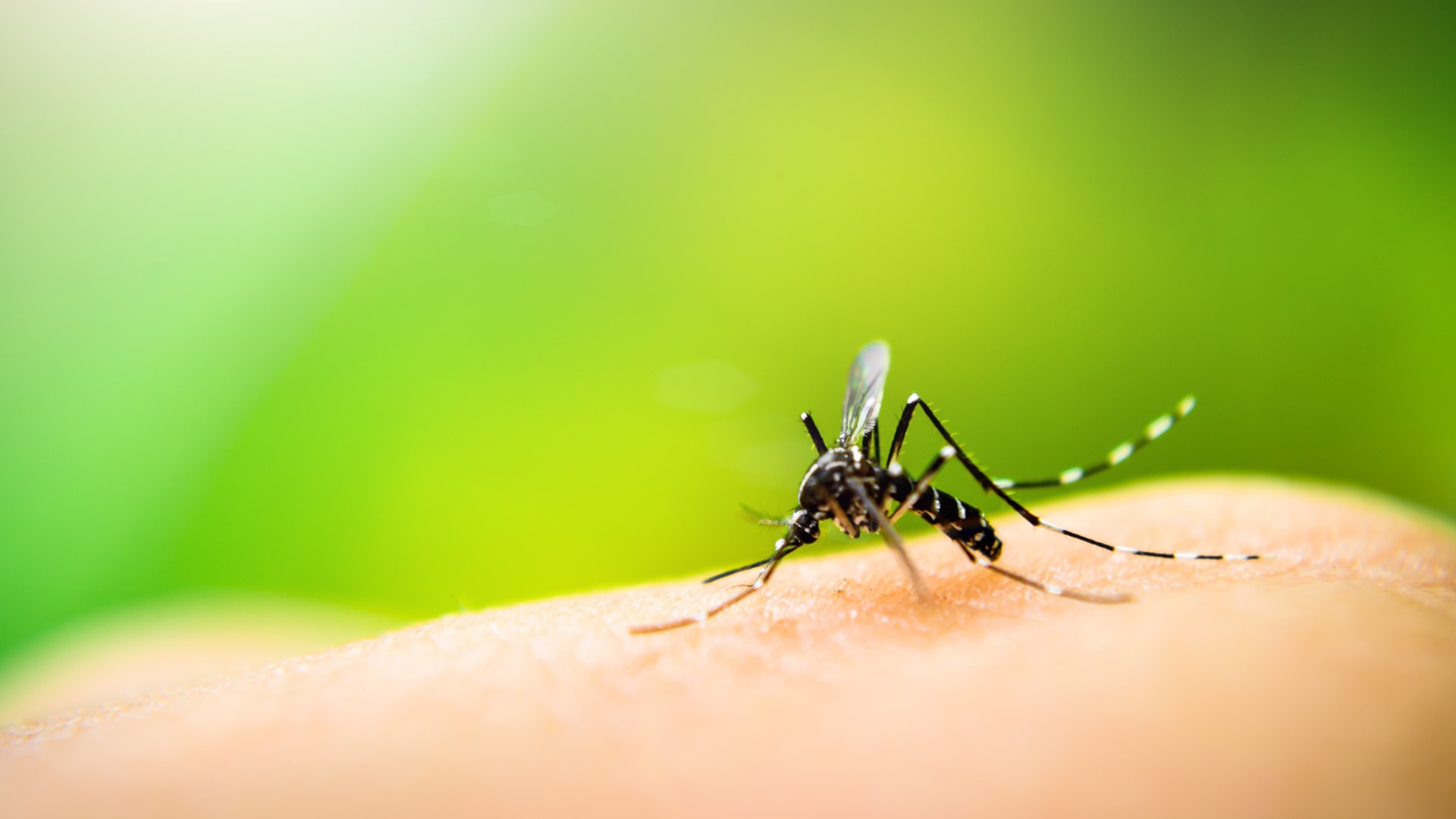ST. LOUIS — The first human case of West Nile Virus was reported by the St. Louis County Department of Public Health Tuesday.
In a press release, the department said cases have also been identified in neighboring counties and blood from three donors in the area tested positive for the virus earlier this year.
West Nile Virus is most commonly transmitted to people by the bite of an infected mosquito. Most cases of West Nile Virus will not result in any symptoms, but about 20% could show symptoms such as fever, headache, body aches, joint pain, rash or gastrointestinal issues.
“It is important for everyone to take steps to reduce the chance of contracting West Nile virus,” health director Dr. Kanika Cunningham said in the press release. “Even though serious West Nile virus cases in humans are rare, it is important to minimize our exposure."
The health department provided the following steps to prevent West Nile Virus:
- When outdoors, wear long-sleeved shirts, long pants and light-colored, loose-fitting clothing.
- Apply insect repellents registered by the Environmental Protection Agency that contain one of the following active ingredients: DEET, picaridin, oil of lemon eucalyptus, para-menthane-diol or IR3535. Always follow the directions on the label. Do not use products that contain oil of lemon eucalyptus or para-menthane-diol on children younger than 3 years of age, and never apply insect repellants of any kind to children under 2 months of age.
- At least once a week, eliminate any sources of standing water around your home by draining garbage cans, buckets, toys, flowerpots, wading pools, pet dishes and other objects. Turn them over to prevent them from refilling with water.
- Fill any holes or depressions in the yard with sand or dirt.
- Drill holes in the bottom of tire swings to allow water to drain.
- Change the water in birdbaths at least once a week and keep all gutters cleaned out.
- Treat birdbaths, decorative ponds and other water sources that cannot be drained with products containing the active ingredient Bacillus thuringiensis israelensis, or Bti, a naturally occurring bacterium. Bti contains spores that produce toxins that specifically target and affect the larvae of the mosquito, blackfly and fungus gnat. It is non-toxic to humans and other animals and is approved for use in organic farming.
- Ensure that drainage pipes are properly sloped. Flexible drainage pipe is commonly used to drain water from downspouts. However, if it is not properly installed, the pipe can hold water and breed mosquitoes.
- Repair tears in door and window screens to prevent mosquitoes from entering a home.

